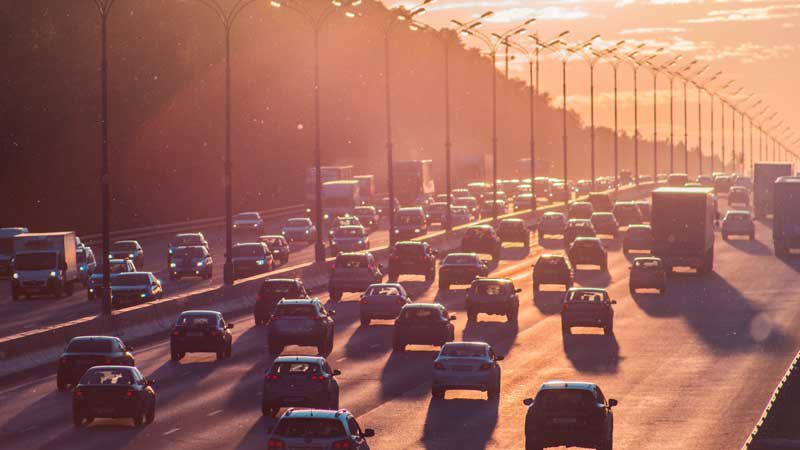Australian motorists will continue to pay high prices for fuel and the unavoidable health and climate costs associated with dirty fossil-fuelled vehicles if Australia does not introduce a fuel emissions standard, says Labor’s Mark Butler.
Progress has been made in cuts to carbon emissions by wind and solar but these wins have been cancelled out by rising emissions from large diesel-fuelled utes and passenger vehicles, according to the most recent monthly National Energy Audit.
An introduction of fuel emissions regulations that have been successful in driving a transition to low and zero emissions vehicles in Europe and the USA (most notably California) would help guide Australia towards a reduction in transport-related emissions.
But the continuing failure of the Morrison government to introduce fuel emissions regulations has drawn calls from both Butler and Hyundai’s manager of future mobility and government relations Scott Nargar to get a conversation about vehicle emissions standards rolling.
“Hyundai Australia has belled the cat on the Morrison Government’s complete capitulation on vehicle emissions standards … the Government’s own review states vehicle emissions standards would save motorists up to $500 per year, with a net benefit for the entire economy of $13.9 billion over 20 years,” Butler said in a statement.
“Because Scott Morrison has no plan for our country Australian motorists are paying the price with more expensive, dirty cars.”
According to a report published by Transport Energy/Emissions Research in May, Australia could have saved $1 billion in fuel had vehicle emissions standard been introduced 3 years ago.
Another report undertaken on behalf of the Electric Vehicle Council that was published in July said that billions of dollars could be saved in the wider Sydney region in health costs alone if a transition to electric vehicles were implemented.
Speaking to The Driven at the recent AEVA electric vehicle expo in Sydney, Nargar said he has spent years trying to convince Canberra to even discuss the possibility of fuel emissions standards.
Working with the Electric Vehicle Council, of which Hyundai is a member, Nargar has even driven electric vehicles to Canberra to educate LNP ministers and their departments on the benefits of the new, zero emissions form of transport that could drastically reduce Australia’s surging transport emissions.
“I don’t want people writing policy for government that have never driven an electric vehicle,” he says, adding that he would be more than happy to leave one there for ministers and staff to get long term experience in EVs.
“If I have to leave a car down in the department for a couple of months, I’m happy to do it.”
Unlike other developed countries, where vehicle emissions standards have forced automakers to introduce cleaner vehicles, car companies in Australia are reticent to bring in more electric and other low/zero emissions vehicles.
This means there is a dearth of choice and competition, and less competitive pricing – in addition to the higher fuel and health costs for consumers.
“We need competitors,” says Nargar. “Competitors drive more awareness, and when there’s more consideration there is more consumer awareness, there’s more investment and finally policitians may get on board.”

Bridie Schmidt is associate editor for The Driven, sister site of Renew Economy. She has been writing about electric vehicles since 2018, and has a keen interest in the role that zero-emissions transport has to play in sustainability. She has participated in podcasts such as Download This Show with Marc Fennell and Shirtloads of Science with Karl Kruszelnicki and is co-organiser of the Northern Rivers Electric Vehicle Forum. Bridie also owns a Tesla Model Y and has it available for hire on evee.com.au.

